Dental implants are a sophisticated method to replace any number of missing teeth. They involve many quality materials, appointments, and surgeries. Below we listed some of the top dental implants questions we receive at our Mt. Pleasant, MI dental practice.
Dental Implants FAQs
What are the advantages of dental implants?
Dental implants are the best solution for tooth loss. They will prevent bone loss in the jaw while replacing any number of missing teeth. No other solution can do this. Dental implant supported restorations are also more stable. This means you can eat a greater variety of food and your new teeth will not slip around or cause slurred speech.
What are the disadvantages of dental implants?
Dental implants are more expensive than any other tooth loss solution. This is because they require more in-depth treatment and high quality materials. You will also need at least one surgery. If you are not healthy enough for this, then you may not qualify for them. The process also takes many months to complete compared to a few weeks.
Can I switch to dental implants if I have a denture?
Many of our patients decide to make the switch after wearing dentures. Dentures have the tendency to feel bulky in the mouth and are hard to get used to. If the fit is not perfect, they can slip around in the mouth. This leads to embarrassing situations such as slurred speech or them falling out of your mouth. Dentures also do not prevent the jaw bone from deteriorating. You can decide at any time to make the switch. Dr. Ribitch will need to make sure you have enough bone structure to support the implants. If you do not, then you may need to undergo a bone graft.
How many teeth can dental implants replace?
Dental implants can replace any number of missing teeth. This includes a single missing tooth all the way to a whole mouth of missing teeth. Dr. Ribitch will create a custom treatment plan that he will tailor to your unique needs.
Will the dental implants ever need to be replaced?
It is very important to maintain good oral hygiene when you have dental implants. This includes brushing, flossing, and cleaning your dental prosthesis every day. You should also visit our Mount Pleasant, MI dentist office twice a year. These steps will keep your oral health in check which will help your dental implants last forever. You will need to replace your dental crown, dental bridge, or denture eventually due to normal wear and tear.
How do dental implants prevent bone loss?
A natural tooth has a root structure that is imbedded in the jaw bone. When you chew, the roots deliver stimulation to the jaw bone that helps the bone regenerate and remain healthy and strong. When a tooth goes missing, so do the roots. This lack of stimulation will then cause the bone to slowly deteriorate. However, a dental implant replaces the tooth root. It will supply the bone with enough stimulation to regenerate just how a tooth root would.
What type of dental restoration will I need?
Each patient is unique and no treatment is one size fits all. Dr. Ribitch will examine your mouth at his Mt. Pleasant, MI dentist office to develop a treatment plan for you. A single tooth located anywhere in your mouth can be replaced by a dental crown that is secured to a single dental implant. Several missing teeth can be replaced by a dental bridge or denture. It takes anywhere from two to eight dental implant to secure one of those.
